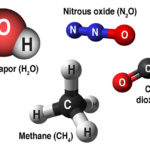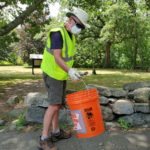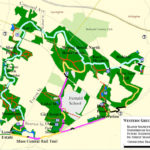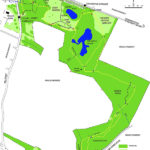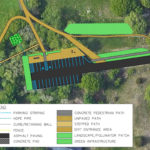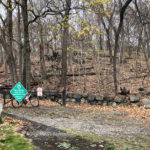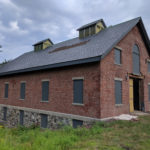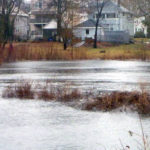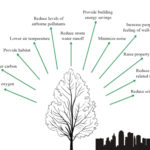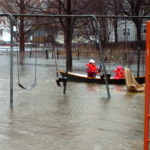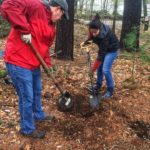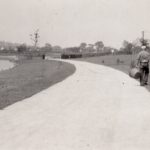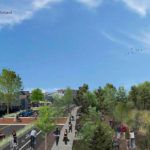
By Greg Harris Since developers have targeted the Alewife area for rapid development, with housing interests erecting massive apartment complexes and life sciences companies rushing to turn the area into a second Kendall Square, long-time residents have feared the trampling of their history, quality of life, community health, and the remaining natural environment. But these changes present opportunities as well as risks. If a coalition of long-time residents and neighborhood activists get their way, life science developer IQHQ’s $125 million dollar acquisition of land next to the Alewife T Station may result in the resurrection of Jerry’s Pond. This neighborhood [READ MORE]



